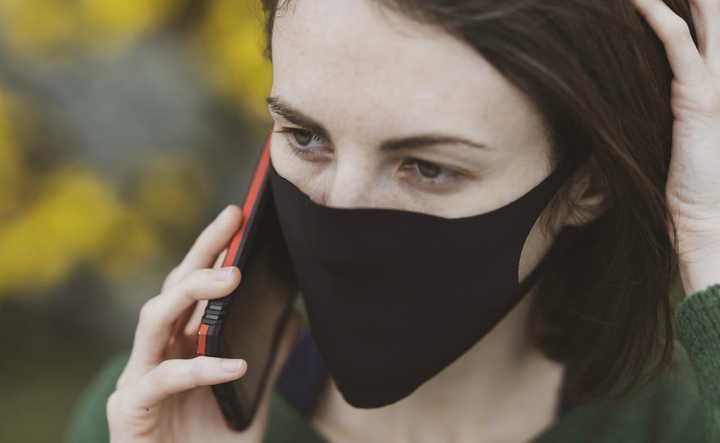But there are ways to tell if you got the novel virus sometime since the pandemic touched down in the U.S. during winter 2020.
In many people, signs of “Long COVID-19" persist, according to a new study, “Long COVID: a cross-sectional study of persisting symptoms” led by Dr. Swapna Mandal, a respiratory physician, and a growing host of research.
There’s only one true way to know if you had COVID-19 - get an antibody blood test to check for signs of COVID-19. However, there are a number of more informal ways to tell if you previously caught the virus.
SIGNS YOU HAD COVID-19
Think back. If any of these symptoms sound familiar, you may have already had COVID-19 according to Mandal's team as well as Prevention.com:
- Fatigue - 69 percent of people reported this symptom after having recovered from COVID-19, according to Mandal, who surveyed hundreds of COVID-19 patients discharged from hospitals for her study.
- Persistent breathlessness - 53 percent of survey participants said they're still out of breath
- Poor sleep quality
- Lost sense of smell for about a week
- Unexplained hair loss
- You may still have a cough - 34 percent
- You may have depression - 15 percent
- Unusual symptoms that seem to last forever.
It’s been hard to pinpoint for a variety of reasons including the novel disease’s symptoms vary widely among individuals and can be similar to the flu, and because the U.S. has lacked sufficient testing for the disease.
If you’ve had COVID-19, it doesn’t mean you’re immune to catching the virus again. It’s unclear how long COVID-19 antibodies remain in the body to fight off possible new infections, the U.S. Centers for Disease Control and Prevention said. Whether you had COVID-19 or not everyone who is physically able should be vaccinated, the CDC said.
Regardless of whether you’ve had, have, or never had COVID-19, the CDC and health officials recommend everyone continue to social distance, wear face masks in public, and stay home when ill.
Click here to follow Daily Voice Rye and receive free news updates.
